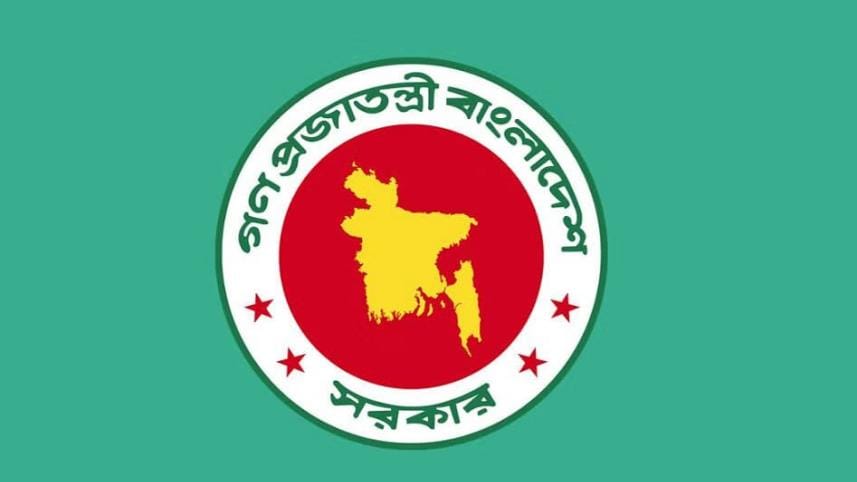Aid to Rakhine: Dhaka should weigh all options carefully

Dhaka needs to carefully consider the geopolitical and security implications before agreeing to a humanitarian corridor to Myanmar, which was discussed during the UN secretary-general's Bangladesh visit, say foreign policy and security analysts.
Antonio Guterres, who left Dhaka yesterday for New York after a four-day visit, on Saturday told media he discussed with Bangladesh authorities the possibilities of channelling humanitarian aid inside Myanmar via Bangladesh as a means of creating conditions for Rohingya repatriation to Rakhine State.
He admitted it would, however, require the "authorisation and the cooperation of the parties to the conflict".
A day before the UN chief's visit, Chief Adviser's Press Secretary Shafiqul Alam in a Facebook post said in the light of the dire humanitarian situation in Rakhine, Bangladesh would positively consider supporting UN-led humanitarian assistance to the state.
Analysts say that establishing the corridor being discussed between the UN and Bangladesh is not easy at all, as it involves numerous geopolitical, security, and diplomatic implications, given that global and regional powers have significant stakes in the region.
They say Bangladesh has been a victim of Myanmar's policy on the Rohingya, who fled in their hundreds of thousands since the 1980s. Though many of them had returned to Myanmar earlier, there was no repatriation at all since the largest influx in 2017 when around 750,000 of them fled to Cox's Bazar.
With the deterioration of security and economic situation amid the conflicts between the Myanmar military and the Arakan Army rebel group, about one lakh more have fled since July last year.
According to a UNDP report published in November last year, there is a famine-like situation in Rakhine State, most of what is now being controlled by the Arakan Army, though they could not take control of the sea and airport yet.
Bangladesh's sole intention is to have the Rohingya repatriated, but ensure humanitarian support before it. That also has become challenging with the World Food Programme reducing food aid.
Guterres's visit to the Rohingya camp and his call for the international community to step up aid may help attract new funding, but the discussion on channelling humanitarian aid to Myanmar through Bangladesh has triggered concerns.
Former Bangladesh ambassador to China, Munshi Faiz Ahmad, said if humanitarian assistance is transported to Rakhine through a corridor, there can be an opportunity for the Rohingya to go back to Rakhine, instead of staying in Bangladeshi camps.
"We have been talking about a safe zone within Rakhine. Eventually, that can happen," he told The Daily Star yesterday.
This can be done under the UN supervision. Such an arrangement can also help bring more aid, he said.
"However, the control of the corridor's Bangladesh part has to be under Dhaka's authority. If any issue arises, Bangladesh should have the authority to seal the corridor," Munshi Faiz said.
Also, the UN has to guarantee that there will be sufficient aid, he added.
"Nothing is clear yet about the proposed humanitarian corridor. We need to have a thorough discussion about it before we agree," he said.
Dr Imtiaz Ahmed, former professor of Dhaka University's International Relations Department, said the UN secretary-general or even the UN General Assembly cannot go ahead with such a humanitarian corridor if the UN Security Council does not approve it.
Also, though the Arakan Army controls the majority of Rakhine, the Myanmar Army is still the country's official authority. Both these parties also need to be consulted, he said.
The other major countries in the region, including China, Japan and India also need to be engaged in the process. China or India, who are major neighbours of Myanmar, may not allow some other security forces to be in the region, he added.
"We need to do a lot of homework before agreeing to such a decision," said Dr Imtiaz.
Shafqat Munir, senior research fellow at the Bangladesh Institute of Peace and Security Studies, said there are many questions that need to be answered before any humanitarian corridor is established.
"Who will establish the corridor, how will these be operated, and who will guard it? What will be the other end of the corridor and who will ensure security?" he asked.
"Bangladesh needs to carefully weigh the pros and cons", the security analyst said.




 For all latest news, follow The Daily Star's Google News channel.
For all latest news, follow The Daily Star's Google News channel.
Comments